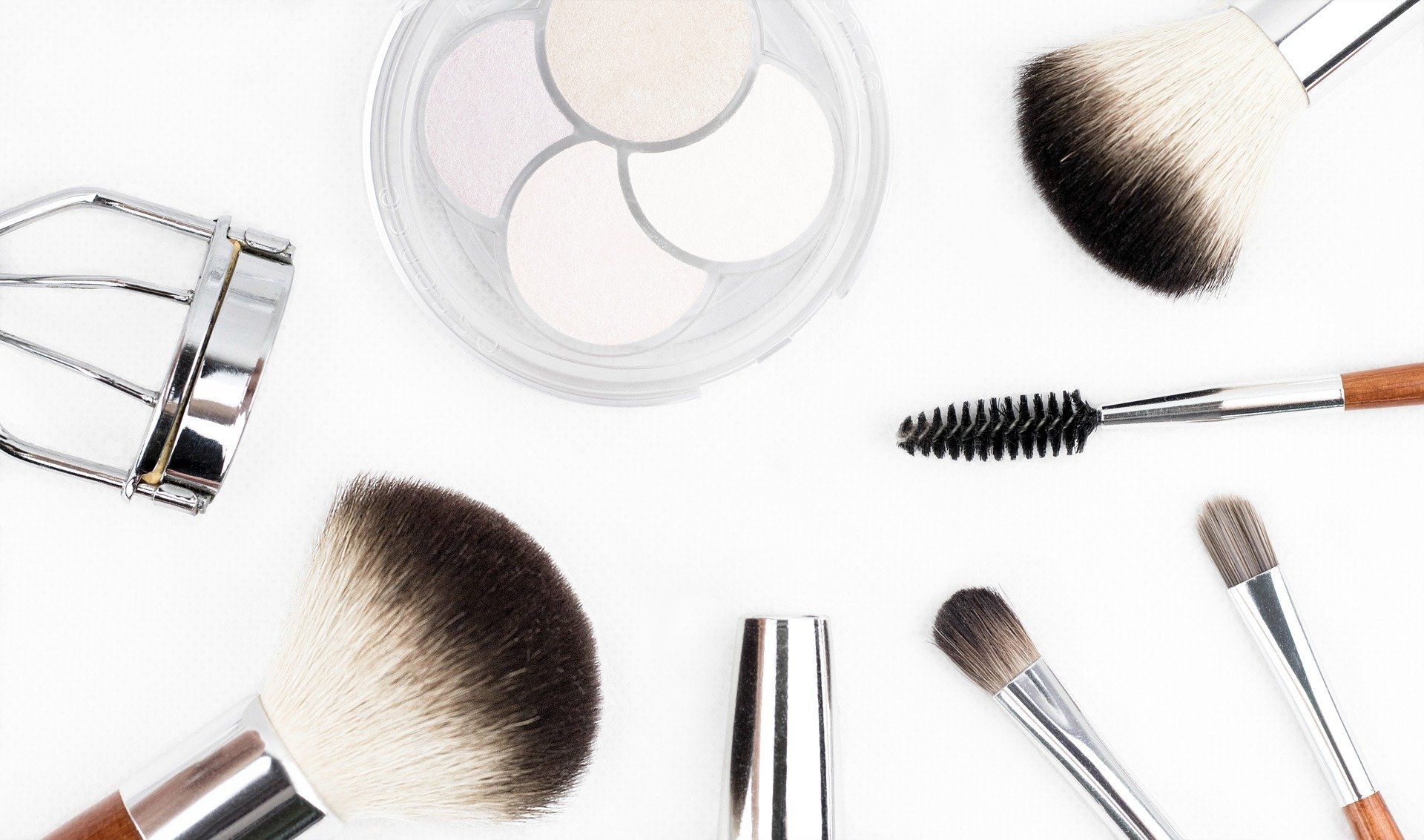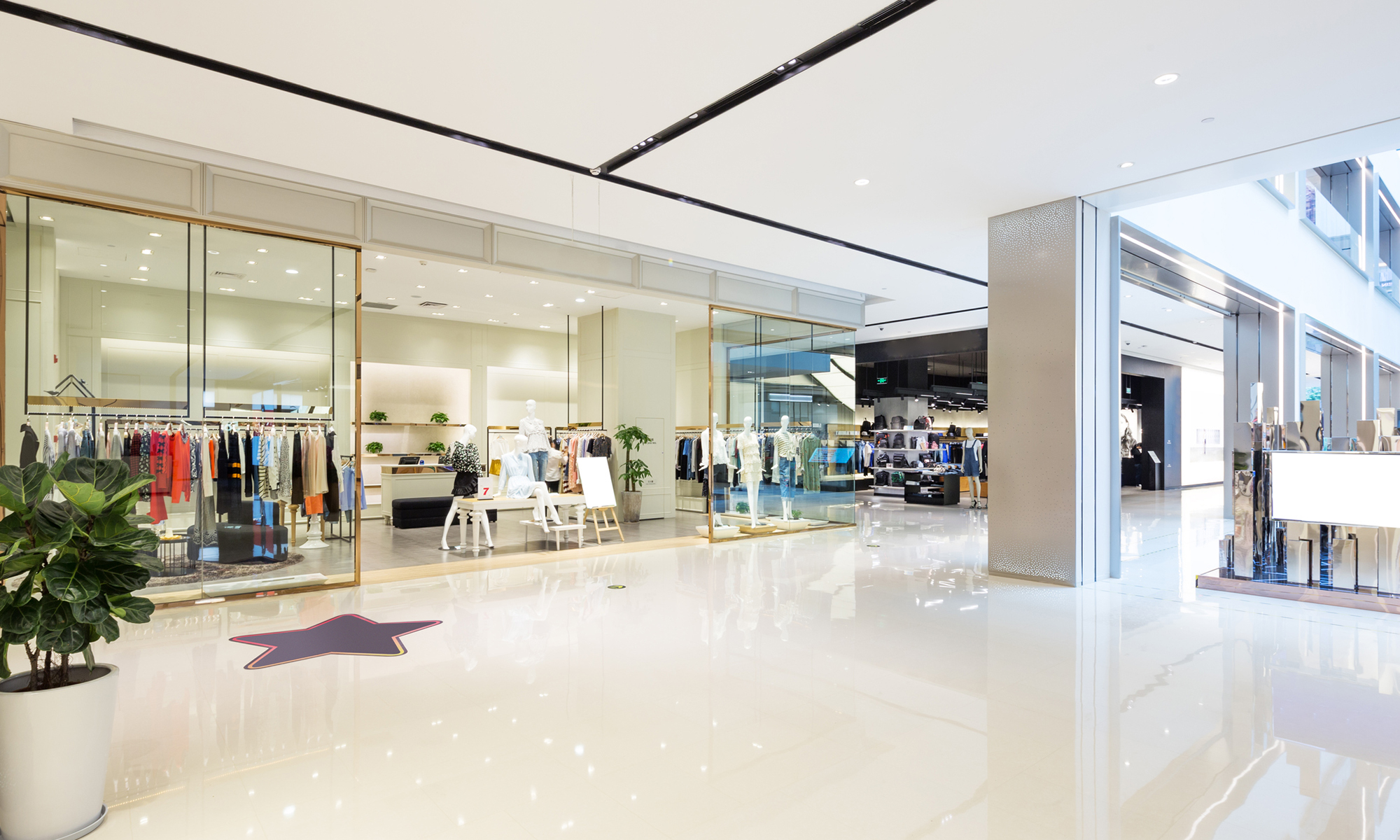The fashion and design industries employ individuals in various fields of specialization, both in “back office” design and production and “front office” presentation and merchandising, marketing/advertising and sales. To read the full text of this overview of common nonimmigrant and immigrant visa categories allowing employers in these industries to hire and retain foreign talent, written by Duane Morris attorney Susanne Heubel, please visit the Duane Morris Immigration Law Blog.
New “.cfd” Domain Extension Tailored to Capture the Virtual Runway
By Michelle Hon Donovan and Anjuli M. Cargain
ShortDot, a domain name registry company, has announced the launch of .cfd (#ClothingFashionDesign), a specialized generic top-level domain (gTLD) for clothing brands, fashion designers, retailers, influencers, bloggers, consumers and lifestyle ecommerce stores. TLDs were developed in the 1980s and have unique purposes (e.g., .com, commercial; .org, nonprofit organizations; .net, network and internet-related organizations; .edu, educational; .gov, government entities). ShortDot’s webpage for registering the new domain states:
By providing a memorable, unique, and relevant web address, .CFD offers clothing, fashion, cosmetics, and footwear brands and designers a unique opportunity to strengthen their web presence.
Trademark owners can register .cfd domain names during the “sunrise period,” which ends April 12, 2021. Continue reading “New “.cfd” Domain Extension Tailored to Capture the Virtual Runway”
Vanilla is the New Flavor of Food Mislabeling Class Actions
By Ashley Barton
Consumer mislabeling class actions are no novelty in the California food industry, thanks to the state’s trio of consumer protection laws. Plaintiffs have their choice between California’s Consumer Legal Remedies Act (Cal. Civ. Code §§1750, et seq.), False Advertising Law (Cal. Bus. & Prof. Code §§17500, et seq.), and Unfair Competition Law (Cal. Bus. & Prof. Code §§17200, et seq.) when alleging that similarly situated buyers are misled by false advertising on a product’s label. The number of these suits specifically pertaining to flavoring of food and beverage products has risen dramatically in the last several years. Continue reading “Vanilla is the New Flavor of Food Mislabeling Class Actions”
Fashion Companies Targeted by Animal Rights Groups
Michelle C. Pardo, partner and team lead for the Fashion/Retail/Consumer Branded Products Industry Group, is quoted in a Fashion Law article about animal rights groups focusing litigation on certain fashion companies.
From the publication:
People for the Ethical Treatment of Animals is threatening Louis Vuitton with a lawsuit over allegedly “false claims” that the company’s chairman and CEO made in an interview in September. According to a letter addressed to Louis Vuitton chairman and CEO Michael Burke on Monday, legal counsel for the animal rights group “demands” that Burke “immediately end [his] false representations that the animals used for Louis Vuitton products ‘are humanely farmed.’” Such comments amount to “fraud,” PETA Foundation deputy general counsel Jared Goodman asserts, citing a potential “consumer fraud action” against the luxury goods company as a result. […]
“In recent years, animal rights groups have focused their litigation efforts on companies that they perceive are popular with consumers and are delivering messages to consumers about positive animal welfare, environmental stewardship and the production of ethically-sourced products,” according to [Ms. Pardo]. “Animal rights groups view this type of labeling and marketing as a threat to their mission. If consumers feel good about the products that they buy, they are less likely to abandon meat, dairy and other products” – including exotic-skinned luxury handbags – “that are eschewed by many animal rights activists.”
How to Build Relationships with Influencers (Part 2)
Christiane Campbell, partner and team lead of Duane Morris’ Fashion, Retail and Consumer Branded Products Industry Group, and Victoria Danta, Duane Morris attorney, authored the Fashion Mannuscript article, “How to Build Relationships with Influencers (Part 2).”
They write:
The first part of this article discussed corporate social responsibility (CSR) and how brands and businesses should be mindful in forming partnerships.
In building an influencer partnership, being reactive, as well as proactive, is key. Respond to potential partners that reach out to you while proactively researching potential partners with whom you would like to form a relationship. Have concrete ideas about what you would want to gain from such a relationship before entering it.
If this sounds a bit like dating (or online dating), that is not surprising. A brand-influencer partnership is, quite literally, a relationship that requires investment. In considering how best to invest, also consider which influencers on which platforms are most likely to be able to reach your consumers and form authentic, credible connections with them.
Diverse Design – Enabling Innovation and Profitability While Creating an Inclusive World
This post was co-authored by Heidi Lunasin and Yalda Hajavi, and it is the first installment of a multipart series.
Around the world, companies are leaving money on the table. Lack of diversity and inclusion in “The Room Where It Happens,” whether the “IT” is a board-room, an innovation team, or a design team, repeatedly has been shown to affect the bottom line. In the realm of innovation alone, experts have estimated that “the size of the economy could be roughly 3 to 4 percent higher if women and underrepresented minorities were included in the innovative process from beginning to end.”[1] This goes beyond merely showing diversity and rather requires inclusion and input at all levels and areas of the innovation process. A further benefit may be that diverse teams encourage design and innovation that is likely more inclusive of a greater portion of the population.
How to Build Relationships with Influencers (Part 1)
Christiane Campbell, partner and team lead of Duane Morris’ Fashion, Retail and Consumer Branded Products Industry Group, and Victoria Danta, Duane Morris attorney, authored the Fashion Mannuscript article, “How to Build Relationships with Influencers (Part 1).”
They write:
What do The Marlboro Man and The Most Interesting Man in the World have in common? They are fictional characters, created in the board room, to shape consumer brand preferences. What do these two fictional characters have in common with the Kardashian sisters? Arguably, they are all “influencers.”
In advertising, an influencer is any individual, celebrity, character or persona perceived by consumers as having specialized knowledge, authority or insight into a particular subject, making them ideal launch pads for brands or new products. While influencers of the past were created by marketing execs, most modern-day influencers are celebrities, bloggers and other content creators with whom consumers feel an authentic connection.
Protecting Your Brand and Customers During a Pandemic, Part 2
This post was co-authored by Duane Morris partner Alain Villeneuve and patent agent Nicole Candelori, and it is the second installment of a multipart series.
In Tuesday’s post, we helped you diagnose and address the misuse of your brand as part of a website’s URL address. We hope this was useful. Recently, because of some desperation to sell low-quality goods, there has also been a dramatic increase in the misuse of leading brand names to sell infringing and/or counterfeit goods. The brand names are often used as part of a longer semi-descriptive name of a product on an online retailer site. We have also observed these brand violations on fully structured websites and in social media ads that draw to these pages. As part of these websites, your brand could be used somewhat descriptively in the title, in part of the product description text, in strangely frequent occurrences in the reviews, or simply in a comparison. Use of your mark, sprinkled on webpages, helps internet search engines find this abuser’s page, and these uses are most often illegal. Continue reading “Protecting Your Brand and Customers During a Pandemic, Part 2”
Protecting Your Brand and Customers During a Pandemic
This post was co-authored by Nicole Candelori and Christiane Schuman Campbell, and it is the first installment of a multipart series.
As most brick and mortar stores across the U.S. remain closed due to the COVID-19 pandemic, phishing scammers have ample opportunities to attack the retail industry online by stealing customer data. One common method scammers use to steal information involves purchasing a domain name that includes (or is confusingly similar to) the name of a well-known business. For example, “typosquatters” might purchase a domain name similar to your business’ domain name, but it could include a common typo that a customer might make when searching for your legitimate website. The fake website might look similar to your legitimate site and prompt customers to input a username, password, credit card number, or other personal information that the scammer could then steal to use or sell.
During a time like this when customers are increasingly looking to purchase consumer goods online (e.g. home décor, kitchen appliances, and home office furniture), businesses selling these goods should be extra vigilant of these misleading (and often, infringing) websites. Businesses can hire trademark watch companies to monitor for any new domains that encompass their trademark or variants thereof. If your business becomes aware of a domain name that encompasses its trademark (or something confusingly similar) in an attempt to mislead consumers, there are a number of steps you can take to protect your brand and customers. Continue reading “Protecting Your Brand and Customers During a Pandemic”
Beauty Glow-Ups: Notable Investments in 2019
By Laura Duane and Alexandra Lane, Law Clerks (admission to bar pending)

The beauty industry has seen substantial growth in recent years and 2019 was no exception. In addition to numerous mergers and acquisitions, there were some major investments in the industry over the past year. Continue reading “Beauty Glow-Ups: Notable Investments in 2019”
